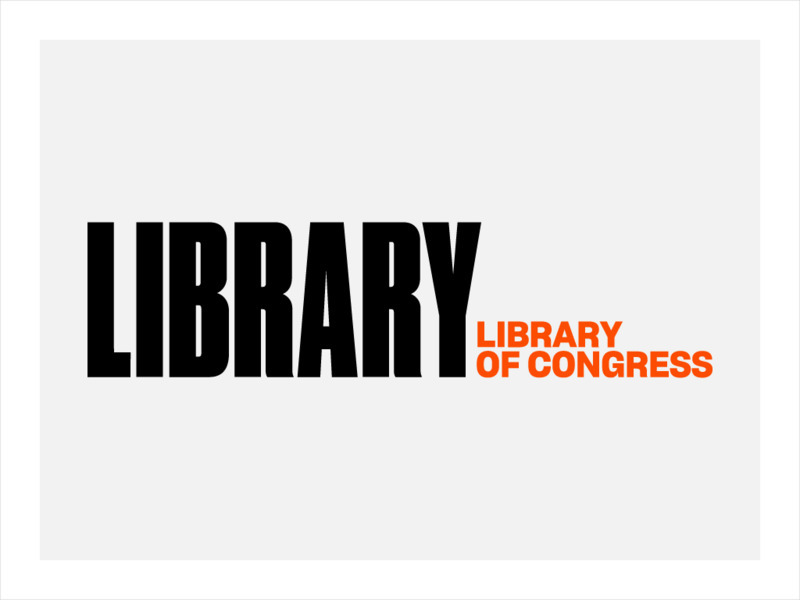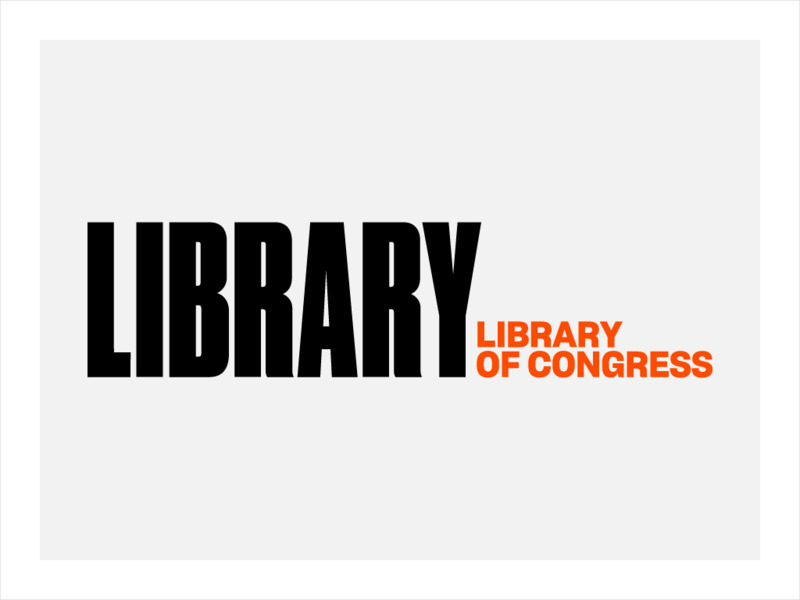Curated OER
Colin Powell, a New Adlai Stevenson?: The Cuban Missile Crisis
Students compare and contrast a speech given to the United Nations by Colin Powell and a speech given to the UN by Adlai Stevenson. Clearifying the objective of each, they evaluate their proposals to the United Nations. In groups, they...
Curated OER
Understanding Treaties: Students Explore the Lives of Yakama People Before and After Treaties
Students examine the impact of treaties on the Yakama nation. They discover the importance of land and how they felt when their land was taken away. They role-play the positions of both the Yakama and citizens of the United States.
Curated OER
Ex Parte Milligan
Students reserach the case of Ex Parte Milligan. They explore the influence of the Supreme Court and the court decisions on the rights and responsibilities of citizens. They read Milligan's letter to Stanton and generate questions...
Curated OER
Planetary Landers
Students watch programs from a series titled "Planetary Landers". As a class, they view a poster of various vehicles that have made their way into space. In groups, they brainstorm the characteristics that should be included when...
Curated OER
A Study of Cross-Cultural Connections
Ninth graders analyze connections between Asia and Europe in the pre-Renaissance period. They identify and analyze elements of Japanese and Chinese culture similiar to that of feudal Europe.
Curated OER
Unit on International Law and Organizations
Pupils participate in a debate between internationalists and the rights of sovereign nations. They read interviews and role play one of the sides in a mock interview.
Curated OER
Planning a Railroad
Students use a topographical map to plan a route from Doknner Summit to Truckee, then compare it to the route selected by Theodore Judah.
Curated OER
Navigating The Legal System
Students identify personal rights allowed under the law in the United States. An exploration of the legal process leads students to describe how the American legal system works. This lesson plan is intended for students acquiring English.
Curated OER
Inquiry and the Nature of Science
Students identify questions that can be answered through scientific investigations, design and conduct a scientific investigation. They also use appropriate tools and techniques to gather, analyze, and interpret data.
Curated OER
Sioux Treaty of 1868
Students explore and research the history of Native Americans in North America.
Curated OER
A New, Capital Idea#141
Students design a pamphlet which explains where a capital for a new country, which is comprised of the New England region, should be located. They include the reasons for their decision based on where physical and human features are...
Curated OER
Lincoln-Douglas Debates of 1858
Students examine the transcripts of the 1858 Lincoln-Douglas debates and create a platform for each candidate in the 1858 Senate race. They utilize the candidates' arguments to explore the historical and political impact.
Curated OER
Segregated America
Learners investigate Jim Crow laws. In this segregation lesson, students analyze images that display American segregation. Learners use the provided questions to aid them in their evaluation of the images.
iCivics
I Civics: Trying Self Government
In this lesson, students will learn about the Articles of Confederation's strengths and weaknesses as well as how it downfalls impacted the writing and ideas in the U.S. Constitution.
iCivics
I Civics: The Constitutional Convention Mini Lesson
Students explore how the U.S. government was created in the years following the Articles of Confederation.
Library of Congress
Loc: The u.s. Constitution: Governing of the u.s.
This unit includes four lessons using primary sources to examine continuity and change in the governing of the United States. Lessons one and two are focused on a study of the Constitution and Bill of Rights and provide access to primary...
Ohio State University
Osu History Teaching Institute: Articles of Confederation vs. the u.s. Constitution
Fourth graders will be introduced to the primary documents of the Articles of Confederation and the US Constitution. They will figure out the weaknesses of the Articles of Confederation and compare them to the US Constitution. Students...
US National Archives
National Archives: The Constitution in Action: Article Ii
This activity can be used during a unit on the U.S. Constitution. Students will analyze the Senate Journal of the First Congress and identify how the document demonstrates content contained within Article II of the Constitution in...
iCivics
I Civics: Constitutional Principles
The Founding Fathers created a government based on a set of fundamental principles carefully designed to guarantee liberty. This lesson lets students look at the Constitution from the perspective of its foundational principles and make...
Center For Civic Education
Center for Civic Education: Independence Day: Fundamental Ideas About Government
In this lesson, students will examine some of the fundamental ideas about government that is contained in the Declaration of Independence and the Preamble to the U.S. Constitution. When the lesson is completed, students should be able to...
Library of Congress
Loc: Constitution Day Resources
A selection of online resources from THOMAS that have to do with the US Constitution.
National Cable Satellite Corporation
C Span Classroom: Free Resources for Teaching Civics and u.s. Government
This is a site filled with current events that make connections to the relevant historical topics. There are six clickable topics, the videos of which are updated weekly. RealPlayer is needed and registration is required to stream or...
iCivics
I Civics: Anatomy of the Constitution
This lesson gives an article-by-article overview of the structure and function of the U.S. Constitution. Learners learn about the duties and powers of the three branches, the amendment process, and the role of the Constitution as the...
Other
Usa Gov: Three Branches of Government
Lesson plans for students to learn about the three branches of government. They can find information about the origins of the Constitution, separation of powers, and details about each of the three branches.

















